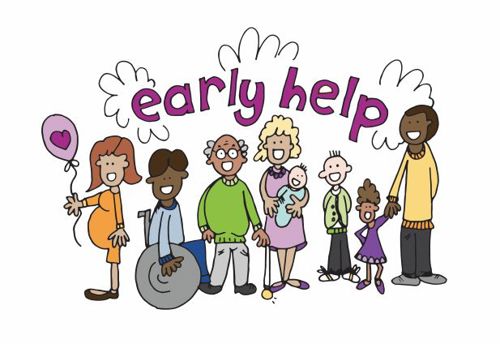Early Help
What is Early Help?
Early Help is an integral part of everyone’s role. It is the initial response offered by all services in contact with children, young people and families when they need extra support to flourish. It’s not a specific service or team. It’s an approach to working that brings together people from a range of different services and teams who will work with the whole family to help improve things for everyone.
Why we do it?
The aim of Early help is to build on family’s capacity and resources to manage their own dilemmas, resolve their own difficulties and prevent problems in the future. Early Help is a response offered by all services in Norfolk who are in contact with children, young people and families when an unmet need is identified as outlined in Working Together to Safeguard Children 2023, which emphasises the crucial role of effective Early Help being a collective responsibility of all agencies to identify, assess and provide effective Early Help services:
“Providing Early Help is more effective in promoting the welfare of children than reacting later. Early Help means providing support as soon as a problem emerges, at any point in a child’s life, from the foundation years through to the teenage years.”
Who Should offer Early Help?
Early Help is everyone’s responsibility. The first person to offer Early Help to a child, young person and their family should be the professional identifying the issue. Every person working with or engaging with children and families, regardless of organisation, status or position, has a responsibility to support the delivery of Early Help.
Undertaking an Early Help Assessment & Plan
Undertaking an Early Help Assessment alongside a family helps record their needs, strengths, views and goals, which leads to the making of plan supported by a team around them (Team Around the Family). The Early Help Assessment and Plan is aligned to a practice roadmap that provides a step-by-step guide to practice that shows how workers can support families to move from worries to achieving shared goals.
The aim is to identify and build on a family’s strengths to help them resolve their own difficulties through extended their networks of support that prevent further problems, so families can flourish.
A step-by-step walk-through to completing, reviewing and submitting Early Help Assessment Plans has been created to try and make the process as easy as possible. This includes the key documents, guidance and forms required to complete the process.
Training
Places for Early Help Assessment & Planning training are available through the training section of the NSCP website.

